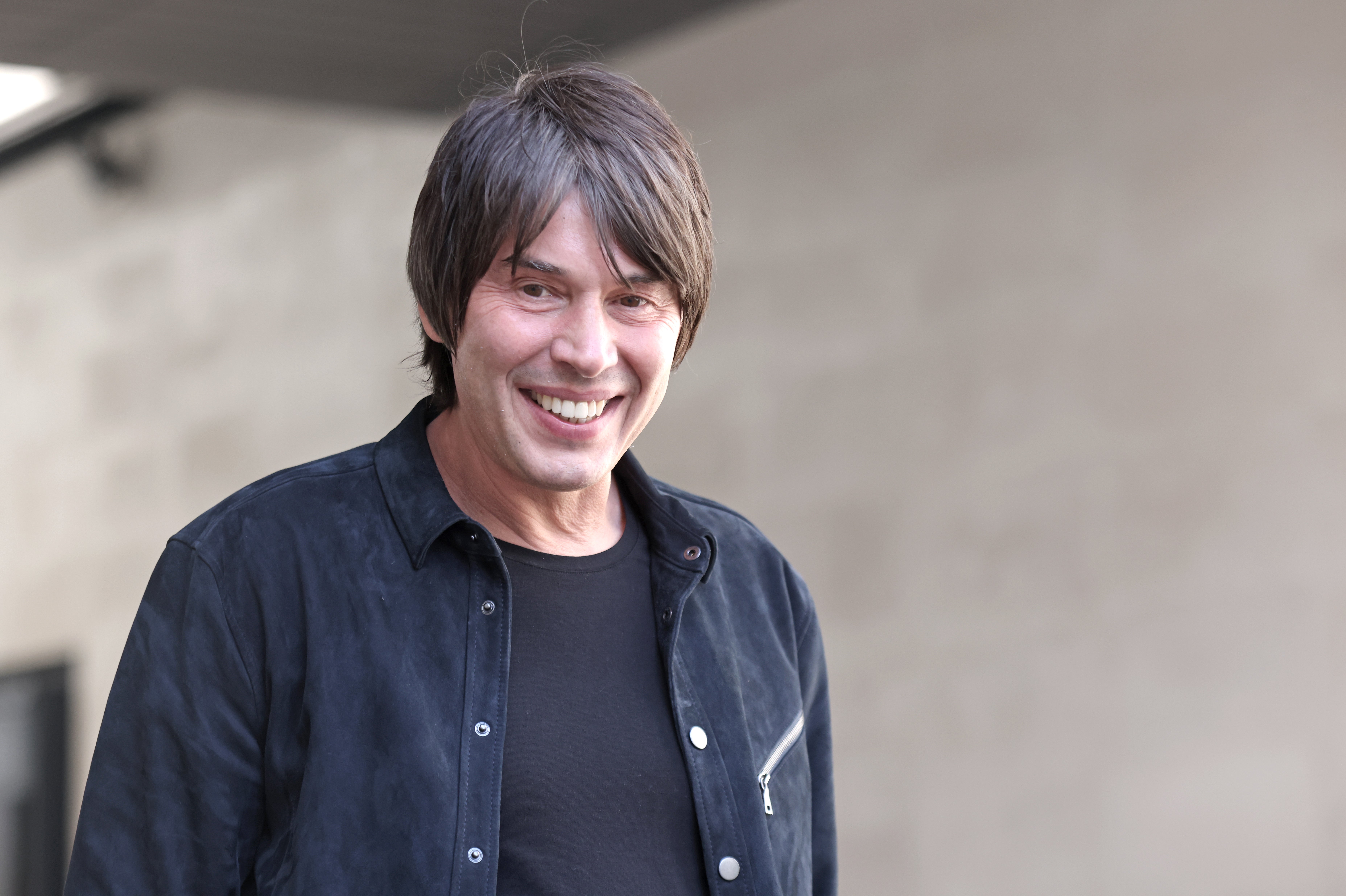‘Things like us may be extremely rare’, Prof Brian Cox says
The scientist said Earth may be the only place in the universe with life forms intelligent enough to form civilisation.

Your support helps us to tell the story
From reproductive rights to climate change to Big Tech, The Independent is on the ground when the story is developing. Whether it's investigating the financials of Elon Musk's pro-Trump PAC or producing our latest documentary, 'The A Word', which shines a light on the American women fighting for reproductive rights, we know how important it is to parse out the facts from the messaging.
At such a critical moment in US history, we need reporters on the ground. Your donation allows us to keep sending journalists to speak to both sides of the story.
The Independent is trusted by Americans across the entire political spectrum. And unlike many other quality news outlets, we choose not to lock Americans out of our reporting and analysis with paywalls. We believe quality journalism should be available to everyone, paid for by those who can afford it.
Your support makes all the difference.Earth could be “the only place” in the universe with life forms intelligent enough to form civilisation, Professor Brian Cox has said.
While microbial life forms could well be common, the physicist believes that “things like us may be extremely rare”.
When asked about US Congressman Andre Carson’s comments earlier this week that UFOs are “a potential national security threat” which are “real” and “need to be investigated”, Prof Cox said it was “one of the great mysteries” whether intelligent alien life forms had found their way to Earth.
I think that science, it’s useful on many levels, but one of the things it’s very useful at is giving us a perspective
He said on BBC One’s Sunday Morning: “If you forced me to guess, I would say there may be microbes all over the place, that’s why we’re looking for life on Mars, for example, but in terms of intelligence, one thing to think about, the origin of life on Earth, it looks like we have good evidence life was present 3.8 billion years ago and the first civilisation to appear on Earth was about now, give or take.
“So it took the best part of four billion years to go from the origin of life on Earth to a civilisation.
“That’s a third of the age of the age of the universe, and that is a long time, so that may indicate that microbes may be common, but things like us may be extremely rare.”
Prof Cox added he believed the biggest risk to the future of humanity is a “lack of perspective”.
He said: “I mean, as we began talking, the idea that we might be the only civilisation, for thousands or even millions of light years, I think that science, it’s useful on many levels, but one of the things it’s very useful at is giving us a perspective, which is a wider perspective and actually I don’t think many of us think – many of our political leaders maybe don’t really think in terms of, is it possible that this is the only, let’s say, the only island of meaning in a galaxy of 400 billion suns. That matters.
“I don’t think that’s some kind of whimsical idea. It might focus the mind.”